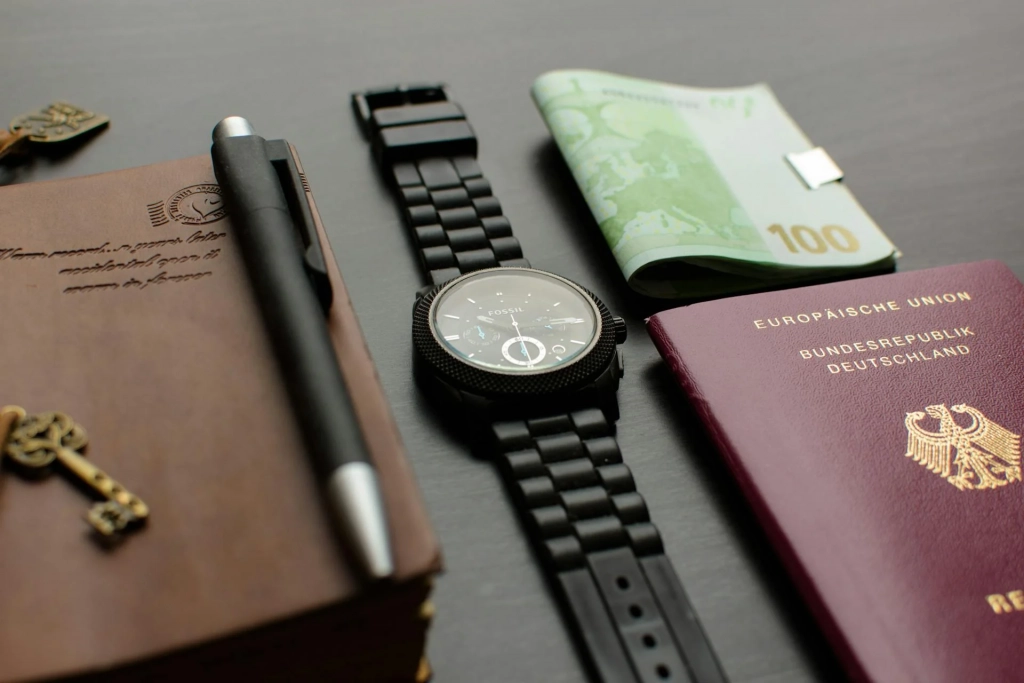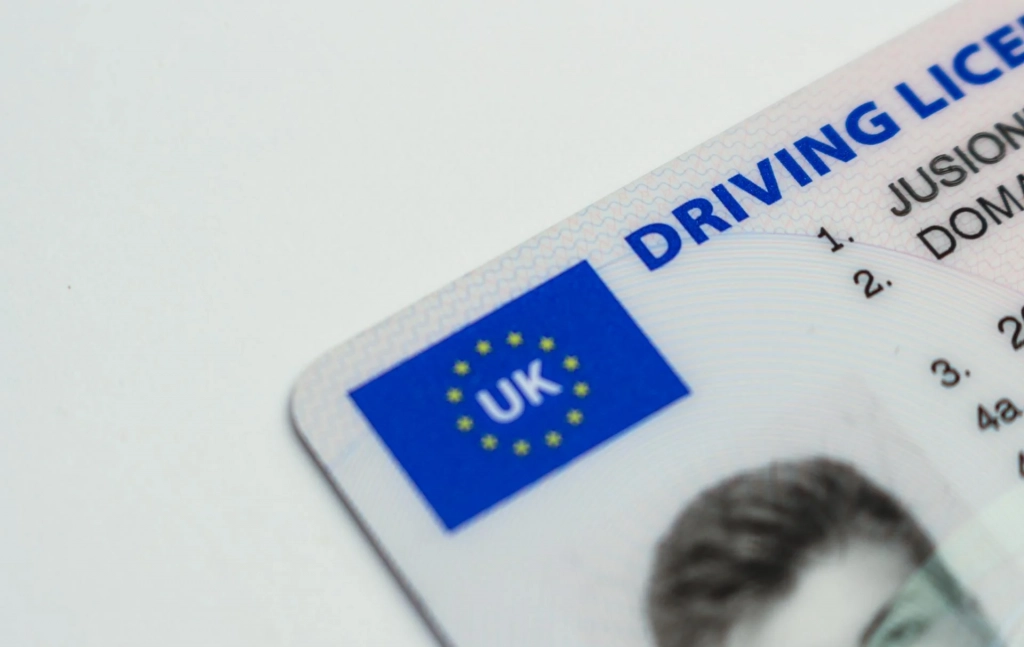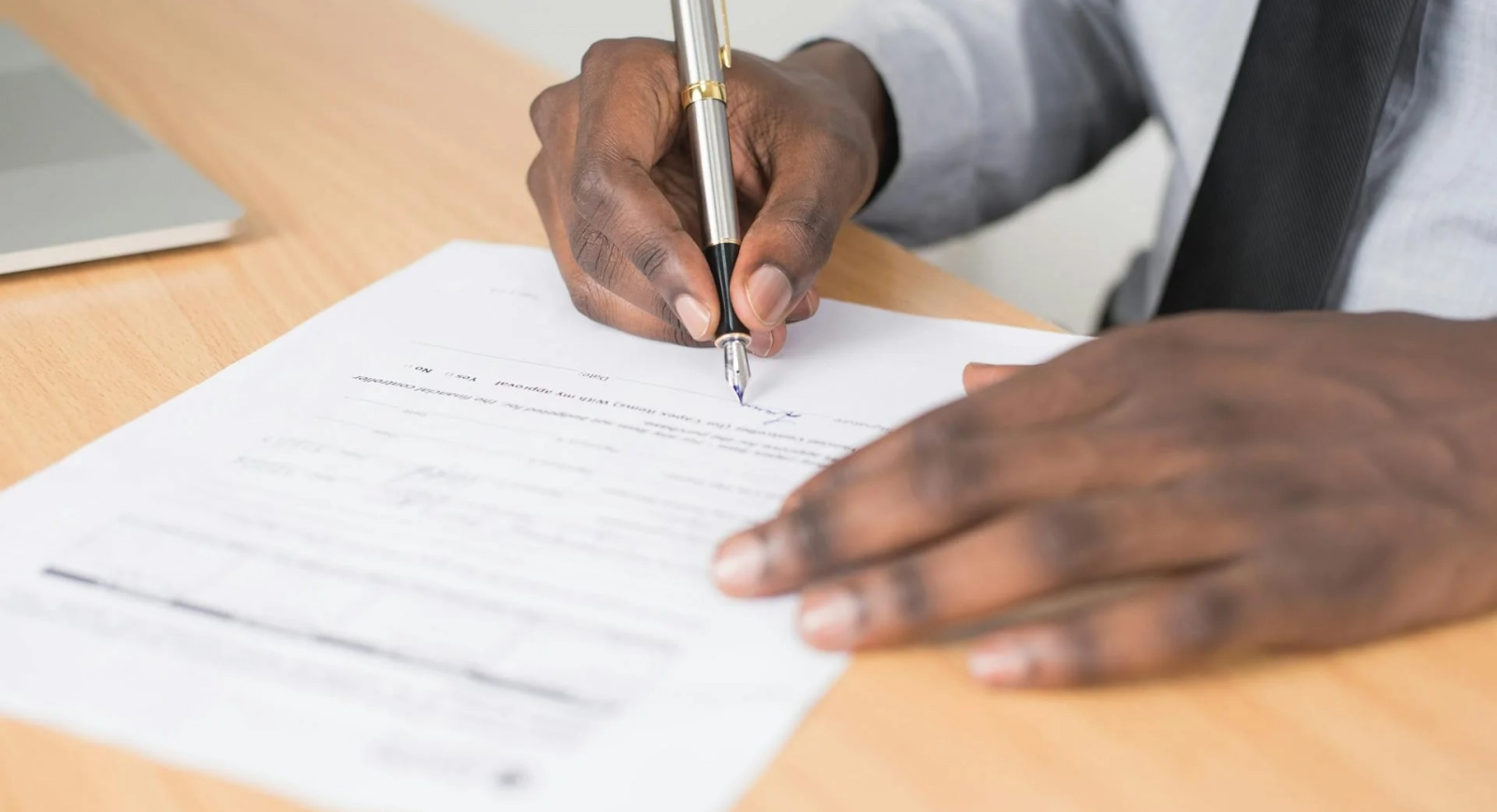It’s not an overstatement if we say that nobody really likes bureaucracy. Whether it’s your home country or paperwork abroad, there’s always a certain extent of anxiety involved with these processes, whether we acknowledge it or not.
However, these papers and processes are all indispensable to work and live legally. And if you are an expat, aiming to start a new life and job, having all the necessary documents is paramount to set yourself up for success and integrate into your new environment.
The Essential Registrations in the Netherlands
The Dutch administrative system has been greatly simplified, thus becoming more effective and transparent. The strong digital infrastructure means that key processes like getting a BSN number, acquiring health insurance, creating a bank account, and setting up a digital ID (DigiD) can be all done online.
Simple as they may be, all of these processes require you to understand and complete all of these processes in a timely fashion, ensuring that you become a legal resident, with healthcare, tax obligations, and social benefits.
Source: Pexels
1. Registering at the Municipality (Gemeente)
You must register in person within five days of your arrival in your nearest municipality in the Netherlands. During, you will have to hand in several documents such as:
- Valid ID card or Passport
- Proof of Address (anything from a rental contract to a declaration from the landlord, or main occupant)
- Nationality Proof
- Birth Certificate
- Other Civil Status Documents (marriage or divorce certificates, etc)
You will have to contact the municipality in advance as you will need an appointment to register. During the call, you can ask what documents you should bring along.
After registering, your data will be entered in the Personal Records Database (BRP), meaning that you will be registered as a resident Following your registration, you will be given your citizen service number (BSN), which will be essential for taxes, healthcare, and even for obtaining a DigiD.
2. Getting Health Insurance
After obtaining your BSN, you should also think about getting health insurance. Simply select an insurance provider offering a basic package, then apply for it within four months of your registration with the municipality.
Please note, that if you already have work arrangements (like via Robin), your employer already provides health insurance for you. In these cases, you may explore the options of extra coverages or supplementary insurance.
3. Opening a Bank Account
In order to integrate into the Dutch way of life, you will also need to open a bank account. For that ,you will need valid proof of identity, your BSN, address, and some banks may also request proof of income.

Source: Pexels
To sum it up:
- Proof of identity (like a national identity card or valid passport)
- BSN
- Proof of address (something like an utility bill, an excerpt from the BRP, or a rental contract)
- Proof of income (not always required)
Lastly, some banks may also ask for employment contacts or payslips to assess your income situation, but not in every case.
4. Acquainting Yourself with the DigiD System
The DigiD system is an online infrastructure that uses a virtual ID that allows residents to access several government services and websites in the Netherlands. Think about it as a digital version of your driving licence or passport. It consists of a password and a username, linked to your BSN.
The DigiD is essential to do your administrative tasks online, from doing your taxes to checking your pension, and applying for allowances and benefits. Health insurance companies, healthcare providers, provinces, and even the police use the system,
Applying for a a DIgiD
To obtain these credentials, you need to apply on the website, provide your BSN and a mobile phone that can receive SMS messages. After applying, you’ll receive an activation code, typically by mail, which you’ll use to activate your DigiD. To be eligible, you must also be registered in the BRP and an email address, apart from the necessities already mentioned above.
So, after landing on the website, you will:
- Select “Apply for DigiD” or a similar option.
- Enter your BSN, date of birth, postal code, and other required information.
- Choose a username and strong password.
- Verify your application via SMS or the DigiD app.
- You will receive an activation code, usually via mail, within a few business days.
- After receiving your code, you activate your DigiD either on the website or the dedicated app.
If you are abroad, you may need to collect the activation code via a video call or at a DigiD service desk. The username and password are valid for 3 years, meaning, you will need to use it within that time to avoid expiration.
5. Registering with the Tax Authorities
To become a fully legal resident of the country, you also have to register with the tax authorities and become a part of the Dutch Tax system. By this point, you should have your BSN, so you will only need to register your employment with the tax administration (Belastingdienst). This will mean that you’ll have to complete different forms, depending on your specific situation.
Please note that you only have to register with the tax authorities if you are leading a foreign company, or eligible for the 30% ruling. In the case of most blue-collar workers, your employer will handle the registration with your BSN.
6. Additional Considerations
At this point, you are all set to work and live legally in the Netherlands, but there may be a few more bureaucratic processes left to complete the picture. Things like exchanging your driver’s licence, enrolling in language courses, or enrolling your children in school (if applicable).

Source: Pexels
If you want to exchange your current license for a Dutch one, you’ll need to visit your municipality, submit your application at the public service counter with your foreign license (a translation may also be needed). After that, the municipality will forward the application to the RDW (Netherlands Vehicle Authority). After approving your application, the authorities will send your new Dutch license back to the municipality where you can pick it up.
You can find different language courses online, or in some cases, your employer may already have a few outside programs on offer that you can join.
Live the Dutch Way of Life With Ease
Moving to a foreign country to live and work can be immensely stressful and it often feels like these bureaucratic processes only add insult to injury, so to say. However, the process of integrating into the Dutch public system is pretty straightforward. Still, if you are experiencing issues, you can always reach out either to your employer or even recruiters if you two stay in touch after you start work.
On that note, feel free to explore the open vacancies at various Dutch employers. Don’t let bureaucracy get in the way of starting a new life.

 English
English  Lietuvių
Lietuvių  Latviešu
Latviešu  Polski
Polski  Português
Português  Română
Română  Slovenčina
Slovenčina  Magyar
Magyar  Русский
Русский  Espanol
Espanol  България
България  Čeština
Čeština  Italy
Italy  Croatia
Croatia  Greek
Greek 

